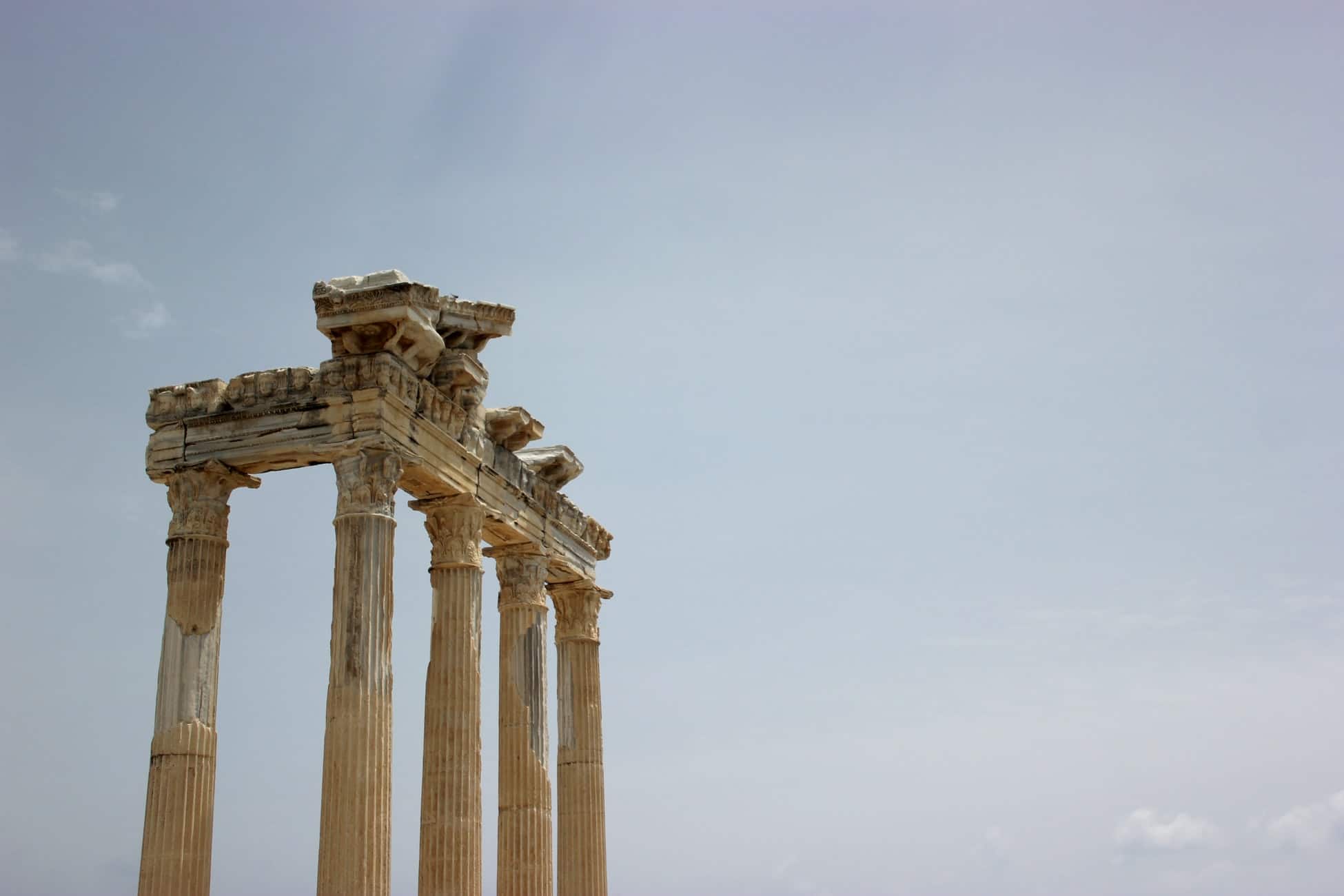
Homer’s Odyssey tells the story of Odysseus’s perilous journey home; a voyage full of wondrous horrors such as Scylla, a six-headed monster, and Charybdis, a whirlpool capable of swallowing entire ships.
When the crew disobey Odysseus and slaughter the cattle of the Sun, Zeus, as punishment, unleashes a massive storm, sinking the ship and killing all the crew members. Odysseus barely survives by hanging on to the root of a fig tree, rhizikon in Classical Greek.
It is believed that the word risk originates from this precarious state of Odysseus. Or perhaps it has its roots in the Arabic word rizq, referring to the predetermined subsistence provided by God, alluding to the inescapable element of fate.
Benjamin Franklin summarised the concept of risk … ‘in this world nothing can be said to be certain, except death and taxes’.
Benjamin Franklin summarised the concept of risk quite eloquently in his oft mentioned quote; ‘… in this world nothing can be said to be certain, except death and taxes.’
The degree of uncertainty with everything else is essentially the risk. Why is it that this risk is perceived differently by different people?
Constant news coverage of the number of daily cases and staggering number of deaths have undoubtedly created an atmosphere of fear and led to higher rates of depression.1
On the other hand, much has been made of the seemingly arrogant indifference of some in the streets of Liverpool the night before stricter lockdown measures were introduced in the city. Large crowds of young partygoers are seen jumping in the street, provoking the indignation of the Mayor of Liverpool who suggested the actions brought shame to the city.2
Why such conflicting responses to the same threat? This may have something to do with how we perceive risk and what has been described as the risk perception gap.3
When we are presented with a threatening stimulus we would assume that the majority of us would confront it rationally and logically. However, this is not the case for the vast majority of human beings.
We are hardwired to approach risk with emotion and instinct as this is easier and, more importantly, quicker. This neural network is partially evolutionary and partly determined by our own life experiences. Our decision making is subject to heuristics; mental shortcuts that ease the cognitive load of the process. Two such heuristics may explain the totally antithetical responses mentioned above.
It is inevitable that [24-hour coverage of the virus] will create a sense of threat that is far greater than what we are actually exposed to …
We are likely to think an event is more likely to happen if we can bring examples of that event to our mind much easier and quicker: a concept known as the availability heuristic.
The constant, 24-hour coverage of the virus and measurement of impact in terms of number of deaths has totally consumed all forms of media and thus our exposure to it.
It is inevitable that it will create a sense of threat that is far greater than what we are actually exposed to, resulting in a sense of loss of control that can easily spiral into anxiety and depression.
Another heuristic that may determine our response to the threat of the virus is known as the representativeness heuristic.
When exposed to a new threat we estimate the actual risk to us by comparing it to the risk from an existing prototype in our mind. In the case of the current pandemic it may have worked as follows: COVID-19 is a viral illness; flu is a viral illness; flu is around every year and has never hurt me; therefore, COVID-19 cannot hurt me.
Following this logic it is easy to see why people freely celebrate in the middle of the street in large crowds, completely unperturbed by the fact that a deadly pandemic is sweeping the globe.
Other instinctive factors that are likely to impact our perception of risk are our own psychological characteristics that make us feel a certain way in certain circumstances and our social influences, such as social media contacts and social circles we belong to.
… does reason play any significant part in our response to risk? The answer is yes, but probably a very small part …
So, does reason play any significant part in our response to risk? The answer is yes, but probably a very small part (although we would like to think it plays a large part).
In reality, most of us (and that includes us health professionals) are just not aware of the full objective data of how the virus threatens us and rely on soundbites and snippets of statistics that are made selectively available to us by the government and their appointed scientific advisers.
Scientists look at patterns and statistics and try to make an objective judgment of the best course of action on a community level.
On an individual level we neither have the time or inclination to make a judgement based on complex facts. This produces what is known as the risk perception gap. Relying on subconscious mechanisms we have developed over our lifetime, our subjective analysis results in us being fearful when the evidence suggests we need not be and taking reckless steps when the risk to us is far greater than we perceive.
In the real world, being marooned between a six-headed monster and an all-destroying whirlpool, the odds would have been stacked pretty high against Odysseus. As we begin to enter the much feared winter, with numbers of COVID-19 cases rising, I believe that our odds are better than those faced by Odysseus. And with that in mind, perhaps, we can respond to the risk in a balanced way, avoiding the extremes of either side.
References
1. Schraer R. Depression doubles during coronavirus pandemic. BBC News 2020; 18 Aug: https://www.bbc.co.uk/news/health-53820425 (accessed 21 Oct 2020).
2. Coronavirus: Liverpool crowds ‘shame our city’. BBC News 2020; 15 Oct: https://www.bbc.co.uk/news/uk-england-merseyside-54535481 (accessed 21 Oct 2020).
3. Ropeik D. How risky is it, really? Why our fears don’t always match the facts. McGraw-Hill Education, 2010.
Featured photo by Micheile Henderson on Unsplash








